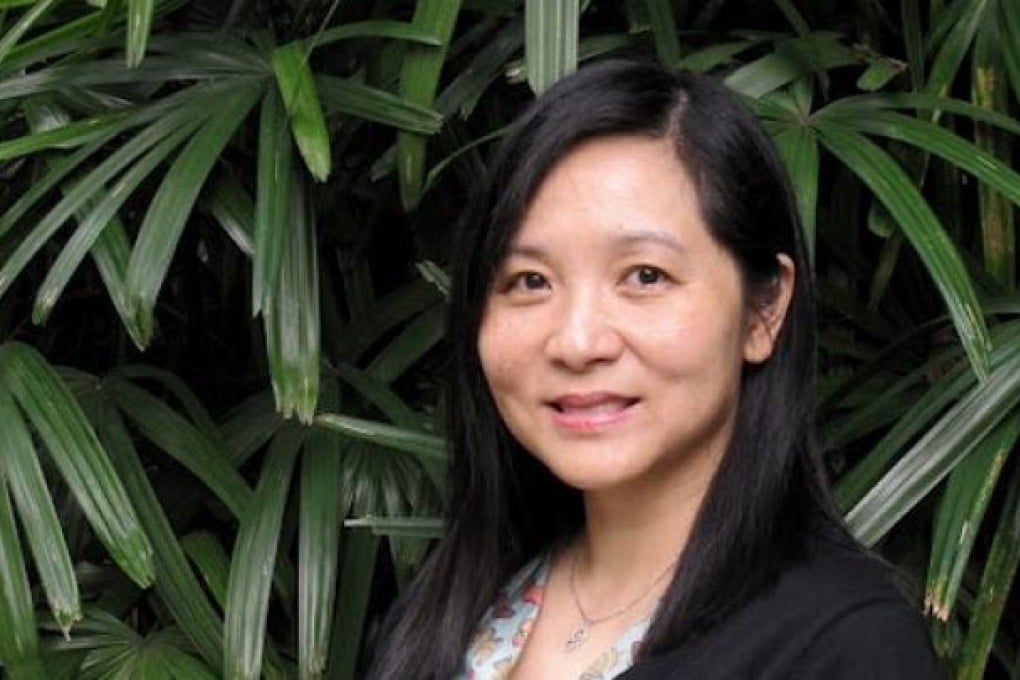
Edinburgh-based Heriot-Watt University will roll out its MBA programme in Malaysia by end-November, boosting Kuala Lumpur’s dream of turning itself into an education hub in Southeast Asia.
It is always interesting to know what differentiates one MBA programme from another. Some local universities take pride in their vast knowledge of China business cases, while others emphasise their repository of landmark global cases.
Heriot-Watt says it will make its MBA course relevant to the needs of Malaysia’s developing economy by using Malaysian case studies. Students will have the opportunity to move among the university’s international campuses and undertake inter-campus projects.
Business-orientated programmes should cater to different social and economic contexts. It is unlikely a straight import from a foreign country will adequately train up the workforce needed in a particular economy. Western perspectives are undoubtedly necessary for the nurturing of top executives, but it is questionable if this alone makes effective training.
When it comes to running multinationals, people in leadership positions benefit from a good understanding of the cultural, social and economic contexts of different markets. Heriot-Watt’s idea of students moving among campuses is laudable, though it is not unique, as overseas residency is a salient feature of a number of programmes.
Looking at local context is a good way of distinguishing one imported programme from another, as simply relying on a direct transfer of foreign materials is inappropriate.